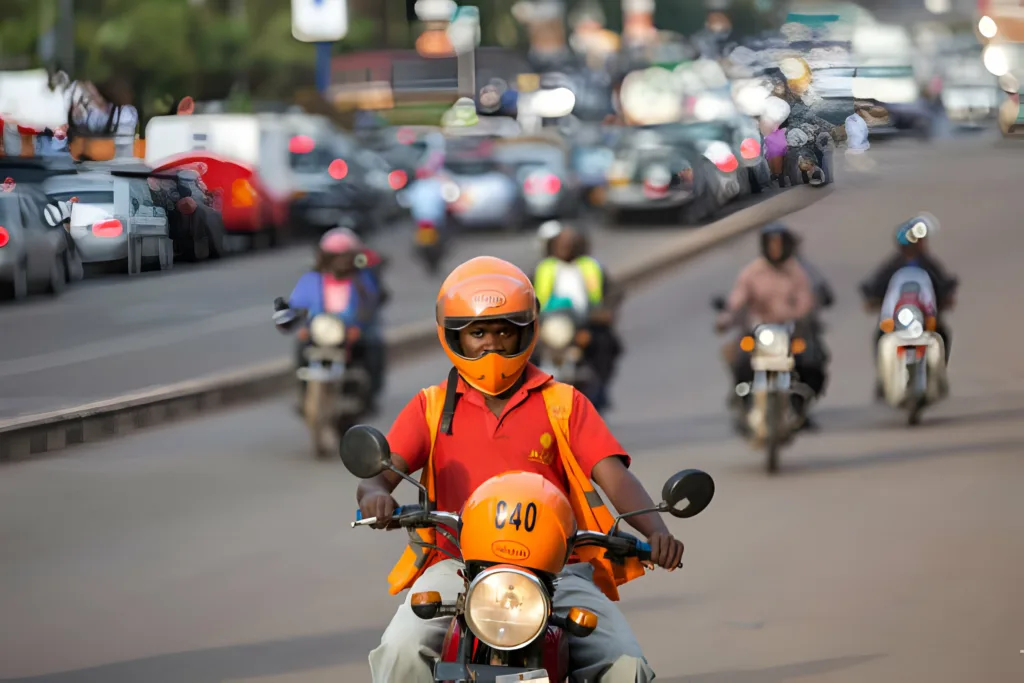
Introduction:
Transportation is difficult in many developing countries, especially in cities. The lack of public transportation and the high cost of private vehicles have led millions of people to seek alternative travel. In recent years, a simple form of transportation called “Bodaboda ” has quietly emerged and changed the way people travel in these regions. This blog explores the rise of Biodata and their impact on transportation and lifestyle.
The Rise of Bodabodas:
The term “Bodaboda” originates from East Africa and refers to a cycling bicycle. Over time, motorcycles turned into taxis in order to provide fast and cheap transportation. Boda boda products are popular for their convenience, especially in crowded cities where public transportation is limited. What started as a regional solution soon spread to other parts of Africa and even beyond the continent.
Reasons for popularity:
Cheap prices: Bodabodas offer good shipping rates, especially for long distances. They offer an attractive alternative to expensive taxis or private cars, making them accessible to many people, including people on low incomes.
Efficiency: Bodabodas navigate heavy and narrow roads, allowing passengers to reach their destination faster. This efficiency is especially important in cities with traffic problems where time is of the essence.
Accessibility: Unlike public transport, bodabodas operate on demand and are available at all hours of the day. Passengers can easily find a ride whenever they want, without having to stick to a tight schedule or wait for a crowded bus.
Eligibility for Employment: Bodaboda industry has emerged as a major source of employment, especially for youth with limited employment opportunities. People can earn a living and support their families as bodaboda riders, thus contributing to the economy.
Benefits and Effects:
Improved Mobility: Bodaboda transforms transportation for people who previously had transportation problems. Students, staff and patients can now travel more easily so they are not confined to the problem area.
Economic Empowerment: Bodaboda business has empowered countless people by providing them with a way to generate income. This has had a positive impact on poverty reduction and economic development, especially in areas where employment is low.
Social Integration: Bodabodas play a role in social integration and development in society. Riders often form friendships with other riders, creating a sense of well-being and trust in the community.
Innovation and Technology: With the advent of ride-hailing and digital payment, the bodaboda industry has embraced technology to increase convenience and security. Riders and passengers can now connect via a smartphone app, making the process more transparent and safer.
Challenges and ways forward:
Although the bodaboda revolution has brought many benefits, challenges remain. Road safety issues, lack of regulation and environmental impact are some of the issues that need to be addressed. The government and stakeholders should work together to establish appropriate policies, raise awareness of road safety and promote good practice in the sector.
Of course:
The rise of bodabodas represents a quiet revolution in the transportation landscape of many developing countries. These two-wheelers have changed the way people travel by providing a simple, convenient and effective transportation solution. The boda boda industry not only increases mobility but also creates employment and contributes to economic growth. As we move forward, it is important to work to overcome the challenges associated with this transition and create a sustainable and sustainable boda boda industry that continues to benefit people and communities.

